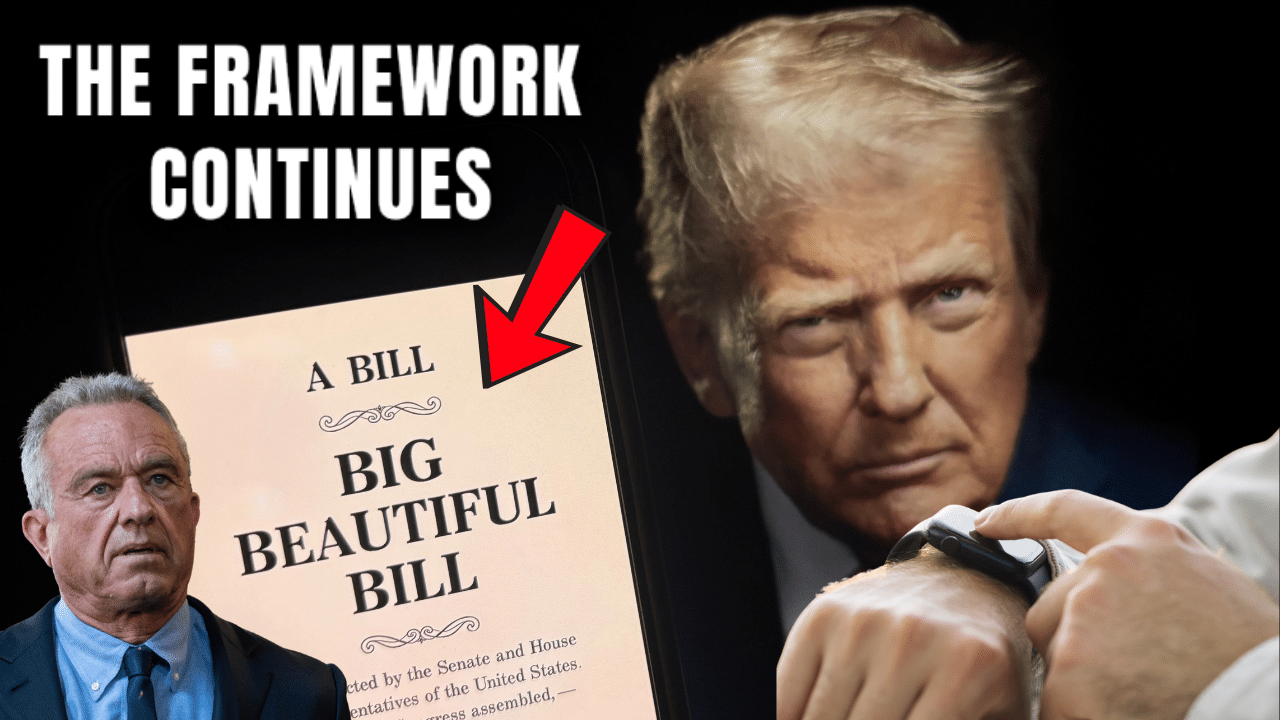The United States is bracing for the possibility of a severe Iranian response to a potential Israeli military strike on Iran’s nuclear facilities, with White House envoy Steve Witkoff warning that such retaliation could result in a mass casualty event, according to sources familiar with the matter.
This heightened concern comes as diplomatic efforts to curb Iran’s nuclear ambitions teeter on the brink of collapse, raising fears of an escalating conflict in the Middle East.
In a closed-door briefing with top Senate Republicans last week, Witkoff, President Donald Trump’s special Middle East envoy, expressed alarm over Iran’s ballistic missile capabilities.
He cautioned that an Iranian counterattack involving hundreds of missiles could overwhelm Israel’s air defenses, potentially causing significant civilian casualties and widespread destruction.
The briefing, attended by senators including Jim Risch (R-Idaho), Lindsey Graham (R-S.C.), John Barrasso (R-Wyo.), and Pete Ricketts (R-Nebr.), underscored the gravity of the situation as Israel considers military action if ongoing nuclear talks fail.
Witkoff highlighted Iran’s arsenal of approximately 2,000 ballistic missiles, capable of carrying warheads with up to 2,000 pounds of explosives, many of which can reach Israel.
U.S. intelligence estimates suggest Iran has ramped up missile production to around 50 per month since its October 2024 attack on Israel, aiming to outpace Israel’s interceptor capabilities.
This growing stockpile, combined with Iran’s vow to strike U.S. targets in the region if its nuclear sites are attacked, has prompted the U.S. to evacuate non-essential personnel and military families from bases in the Gulf and its Baghdad embassy.
The U.S. is engaged in high-stakes negotiations with Iran, led by Witkoff, to secure a deal that would restrict Iran’s nuclear program in exchange for sanctions relief.
A critical meeting is scheduled for Sunday in Oman between Witkoff and Iranian Foreign Minister Abbas Araghchi to discuss Iran’s response to a U.S. nuclear deal proposal.
However, Iran’s insistence on maintaining uranium enrichment—a red line for the U.S.—has cast doubt on the talks’ success.
President Trump, while expressing a desire to avoid conflict, has indicated that an Israeli strike “might very well happen” if diplomacy falters, though he has not committed to U.S. participation in such an operation.
Israel has assured the White House it will not strike Iran’s nuclear facilities unless Trump signals that negotiations have failed.
However, Israeli officials have indicated that the Israel Defense Forces (IDF) are on high alert and prepared to act swiftly if diplomacy collapses. The Israeli military believes its operational window for a successful strike may be closing, though the reasons for this urgency remain unclear.
Iran has vowed a “painful and destructive” response to any Israeli attack, with its leadership signaling readiness for war.
Iranian President Masoud Pezeshkian has stated that Iran will not halt uranium enrichment, asserting that any destruction of its nuclear facilities would be met with rebuilding efforts.
The Islamic Revolutionary Guard Corps (IRGC) commander, Gen. Hossein Salami, has claimed Iran has already identified targets for retaliation. Recent Iranian military exercises, described as focusing on “enemy movements,” further underscore Tehran’s preparedness for conflict.
The October 2024 Iranian missile attack on Israel, which involved approximately 180 ballistic missiles, was largely thwarted by Israeli and U.S. air defenses.
However, Witkoff warned that a larger-scale attack could exceed Israel’s defensive capabilities. Iran’s defense minister recently claimed the development of a new ballistic missile with a 4,000-pound warhead, amplifying concerns about the potential for devastating strikes.










